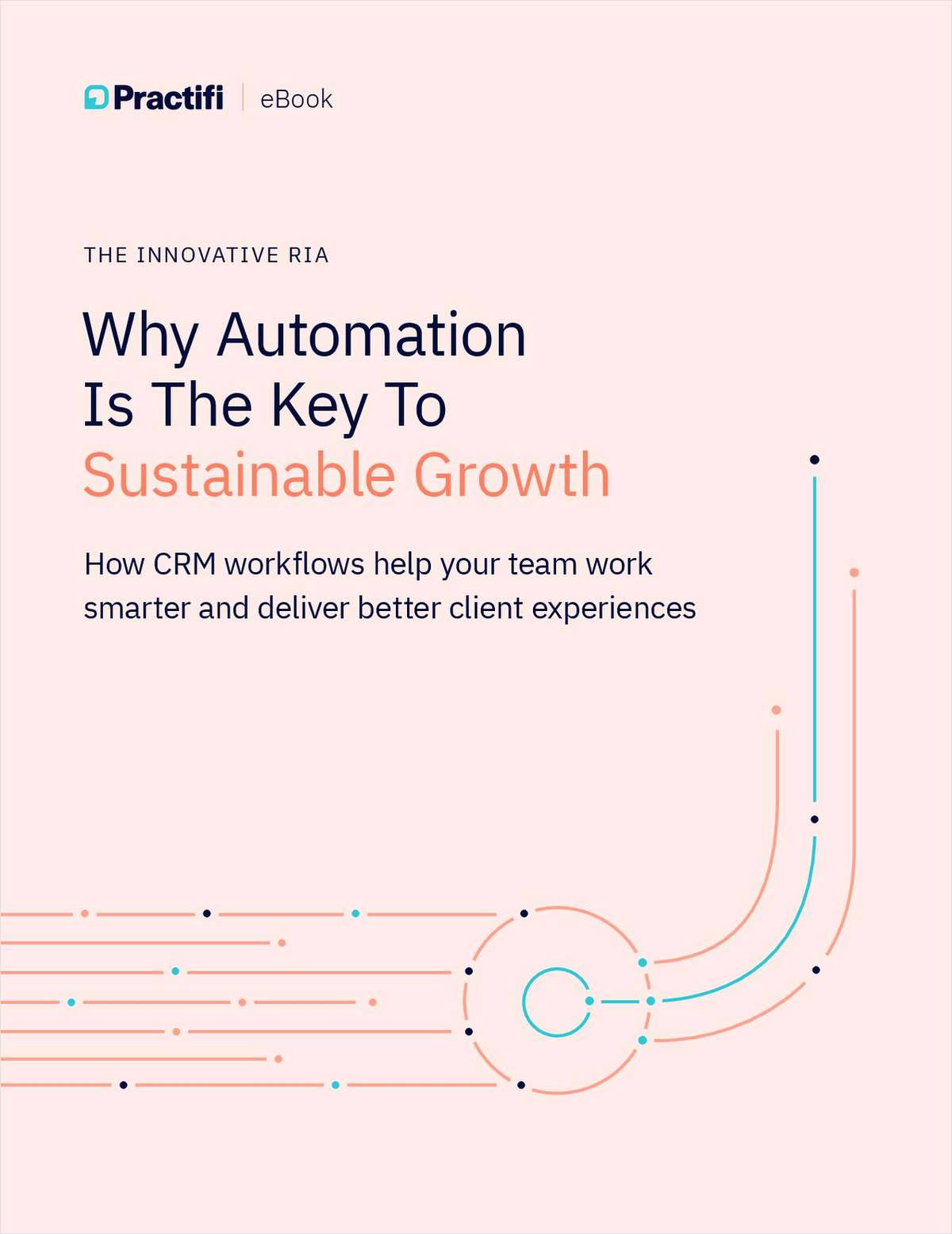 Photo: Minerva Studio/Shutterstock.com
Photo: Minerva Studio/Shutterstock.comBlack Female Lawyers Face the Double Jeopardy of Racial and Gender Stereotyping
A study of Harvard Law School alums finds black men have a better chance of making partner than black women.
November 30, 2017 at 04:33 PM
4 minute read
The original version of this story was published on The American Lawyer
As tough as it is for black lawyers to rise to the top in law firms, it's even tougher for black female attorneys.
Though black women have outnumbered black men in law schools for about two decades, they constitute only a fraction of the already tiny number of black partners at major firms: Less than two percent of Big Law partners are black, and 0.56 percent are female and black. Black women are the minority within the minority.
Even the best-credentialed black female lawyers seem to fare poorly. According to a new Harvard Law School study of black alumni, male black alums were more likely to be partners than their female counterparts (of those in private practice, 47.4 percent men versus 28.6 women were partners), and far more likely to have leadership roles (92 percent of all black alums who've served as managing partners or department heads have been men).
If these high-credentialed women aren't making it, what does it mean for African-American female lawyers overall?
“Black women have all the problems of black men plus what white women face,” says Harvard Law School professor David Wilkins, the author of the study about black alums. “What's not being heard is the intersection of race and gender.” Carolyn Edgar, a 1993 graduate of Harvard Law School, echoes that point. “We are still black and we are still women, and those two forces operate on us differently.” Black men, she adds, “will get sponsorship, mentorship,” provided they've passed muster with firm management: “If they're comfortable enough to keep him, he's likely to succeed.”
♦ Want more from The Careerist? Get Vivia Chen's saucy take on career development, law firm culture and diversity straight to your in-box. Sign up here. ♦
Black female lawyers say they face a unique blend of racial stereotypes, sexism and disrespect. “You don't fit in,” says a black female partner of a major firm. “If you're aggressive, you're angry; if you're too quiet, you must be stupid.” She describes situations in which her abilities have been questioned, even by subordinates. “I've had a junior associate who questioned whether I was smart enough to manage him.” The attitude shows up in “a certain tone,” this partner says.
That condescension also creeps up in the women's interactions outside of the firm. A black finance partner at an Am Law 100 firm remembers the patronizing manner of opposing counsel who lectured her during negotiations, “This is just basic law,” the lawyer told her.
The finance partner also cites an exchange with a white male partner from the South on another deal: “He said to me, 'Little lady, I need for you to stop talking dirty to me'—and I was just asking about the capital structure.”
Ironically, black female lawyers say that it's older white partners who are sometimes most respectful and supportive. “The older ones treat me fairly,” says Alanna Rutherford, a partner at Boies Schiller Flexner, who adds that she's had wonderful white, male mentors. “You shouldn't assume that someone will be an ally because of their race or gender,” says Edgar, a former partner at Kirkland & Ellis, who is now an in-house counsel. “I've been in situations where black male partners did nothing to support me.”
And how supportive are their white sisters? That gets a mixed reaction. Women's affinity groups “don't address race because they're dominated by white women,” says one black female partner, adding, “it's not a conscious thing.”
So how do black female lawyers address the biases and challenges that they face? Mostly, they don't. “You don't want a reputation of playing the race card or the sexism card,” says one. “You can't have an honest conversation about these issues,” says Rutherford, “because people will think, 'Oh my god, she's bringing up race and sex!'”
And that silence is what makes the problem even more painful. “It's demoralizing. It's why so many of us drop out,” sums up one female black lawyer.
This content has been archived. It is available through our partners, LexisNexis® and Bloomberg Law.
To view this content, please continue to their sites.
Not a Lexis Subscriber?
Subscribe Now
Not a Bloomberg Law Subscriber?
Subscribe Now
NOT FOR REPRINT
© 2025 ALM Global, LLC, All Rights Reserved. Request academic re-use from www.copyright.com. All other uses, submit a request to [email protected]. For more information visit Asset & Logo Licensing.
You Might Like
View All
Special Series Part 4: The Statutory Guardrails Impermissibly Bind Future Legislatures

The Appropriate Exemption in Students for Fair Admissions v. President & Fellows of Harvard College
4 minute read
Special Series Part 1: Are Connecticut’s Budget Guardrails Constitutional?

French Rape Case Highlights Need for Vigilance, Education
Trending Stories
- 1'Merciless' Filing Deadline Dooms Cuban Americans' Property-Trafficking Suit Against BNP Paribas, SocGen
- 2In 2-1 Ruling, Court Clears Way for Decade-Old Wrongful Imprisonment Suit
- 3Trump Sentencing, TikTok Ban Welcome Justices Back to Work
- 4U.S. Eleventh Circuit Remands Helms-Burton Trafficking Case Involving Confiscated Cuban Port
- 5Can Passive Technology Change the Impaired Driving Trajectory?
Who Got The Work
Michael G. Bongiorno, Andrew Scott Dulberg and Elizabeth E. Driscoll from Wilmer Cutler Pickering Hale and Dorr have stepped in to represent Symbotic Inc., an A.I.-enabled technology platform that focuses on increasing supply chain efficiency, and other defendants in a pending shareholder derivative lawsuit. The case, filed Oct. 2 in Massachusetts District Court by the Brown Law Firm on behalf of Stephen Austen, accuses certain officers and directors of misleading investors in regard to Symbotic's potential for margin growth by failing to disclose that the company was not equipped to timely deploy its systems or manage expenses through project delays. The case, assigned to U.S. District Judge Nathaniel M. Gorton, is 1:24-cv-12522, Austen v. Cohen et al.
Who Got The Work
Edmund Polubinski and Marie Killmond of Davis Polk & Wardwell have entered appearances for data platform software development company MongoDB and other defendants in a pending shareholder derivative lawsuit. The action, filed Oct. 7 in New York Southern District Court by the Brown Law Firm, accuses the company's directors and/or officers of falsely expressing confidence in the company’s restructuring of its sales incentive plan and downplaying the severity of decreases in its upfront commitments. The case is 1:24-cv-07594, Roy v. Ittycheria et al.
Who Got The Work
Amy O. Bruchs and Kurt F. Ellison of Michael Best & Friedrich have entered appearances for Epic Systems Corp. in a pending employment discrimination lawsuit. The suit was filed Sept. 7 in Wisconsin Western District Court by Levine Eisberner LLC and Siri & Glimstad on behalf of a project manager who claims that he was wrongfully terminated after applying for a religious exemption to the defendant's COVID-19 vaccine mandate. The case, assigned to U.S. Magistrate Judge Anita Marie Boor, is 3:24-cv-00630, Secker, Nathan v. Epic Systems Corporation.
Who Got The Work
David X. Sullivan, Thomas J. Finn and Gregory A. Hall from McCarter & English have entered appearances for Sunrun Installation Services in a pending civil rights lawsuit. The complaint was filed Sept. 4 in Connecticut District Court by attorney Robert M. Berke on behalf of former employee George Edward Steins, who was arrested and charged with employing an unregistered home improvement salesperson. The complaint alleges that had Sunrun informed the Connecticut Department of Consumer Protection that the plaintiff's employment had ended in 2017 and that he no longer held Sunrun's home improvement contractor license, he would not have been hit with charges, which were dismissed in May 2024. The case, assigned to U.S. District Judge Jeffrey A. Meyer, is 3:24-cv-01423, Steins v. Sunrun, Inc. et al.
Who Got The Work
Greenberg Traurig shareholder Joshua L. Raskin has entered an appearance for boohoo.com UK Ltd. in a pending patent infringement lawsuit. The suit, filed Sept. 3 in Texas Eastern District Court by Rozier Hardt McDonough on behalf of Alto Dynamics, asserts five patents related to an online shopping platform. The case, assigned to U.S. District Judge Rodney Gilstrap, is 2:24-cv-00719, Alto Dynamics, LLC v. boohoo.com UK Limited.
Featured Firms
Law Offices of Gary Martin Hays & Associates, P.C.
(470) 294-1674
Law Offices of Mark E. Salomone
(857) 444-6468
Smith & Hassler
(713) 739-1250










